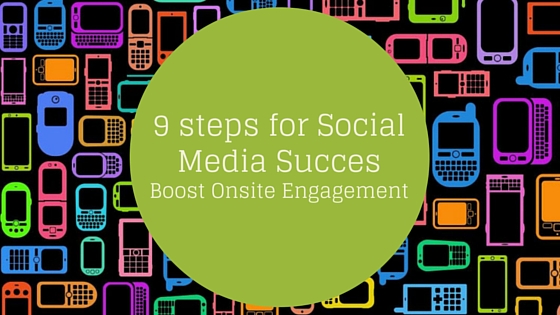For event marketing, social media has become a crucial role in planning and executing a successful event. Utilizing these platforms to create event engagement creates a community amongst your attendees and gives them the opportunity to interact with your brand. When done correct, you can increase your brand’s value and improve engagement metrics by implementing an effective social media marketing campaign for your next event. Inspired by the webinar done by product marketing manager at Cvent, Kevin Yanushefski and Emily Vera, I wanted to summarize their points for you. I enjoyed reading them and I hope you do as well. Enjoy!

